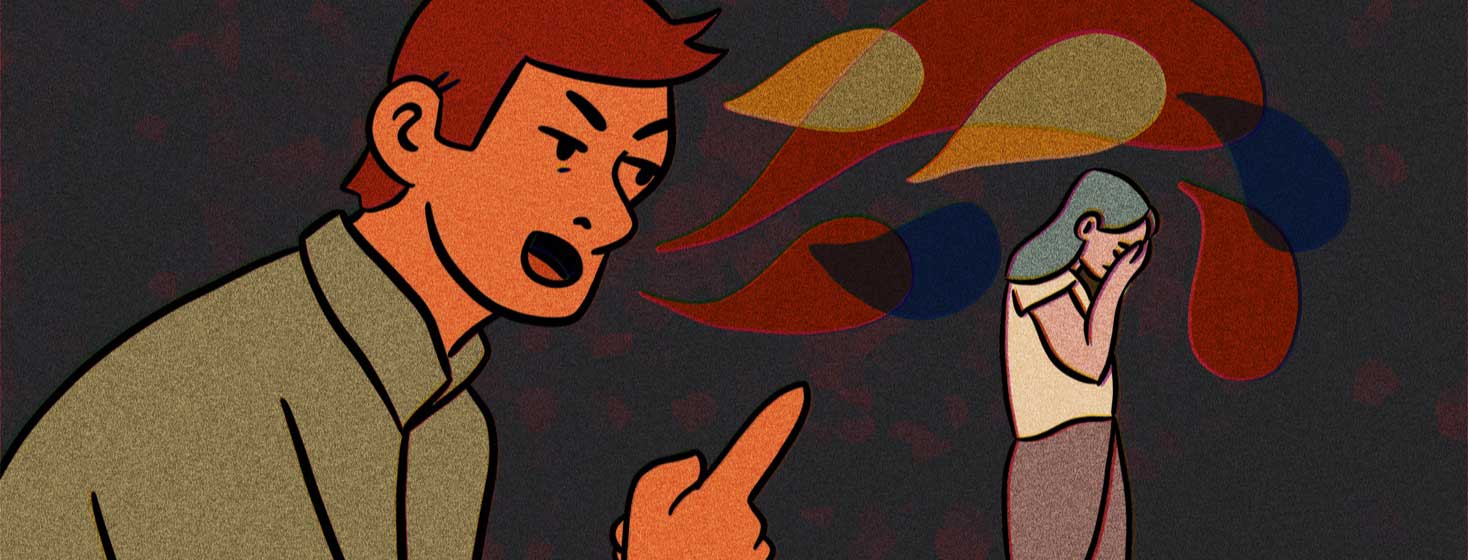The Silent Suffering: When COPD Meets Lack of Understanding
Editor's Note: This article discusses domestic abuse and neglect, which may be distressing for certain readers.
The cruelest part of having COPD is the people that refuse to understand. It’s common for friends to lack understanding of the scope of your illness.
They have not seen the depth of your pain closeup. However, the deepest cut comes from family members who have seen your pain up front and personally and refuse to acknowledge the seriousness of your situation.
Heartbreaking confession of mistreatment
My girlfriend was saying how tired she was, and when I asked why she didn’t just rest for a few minutes at midday, she confessed to me that she was not allowed to rest or nap in the daytime.
It confused me, and I asked if those were doctors’ orders, and she replied it was her husband’s orders.
No matter how she felt, she had to be up to make dinner for the family and she had no days where she could catch up on the continuous fatigue that comes with COPD. He told everyone that she was lazy and useless.
Hearing her admit that she was so badly treated broke my heart. With a bit of education, he would have known better.
The unsupportive reality of COPD
Having COPD is no laughing matter. We learn that once we are diagnosed. Our disease is progressive, and currently, there is no chance of a cure.
Even if there is a chance for a cure in the future, we will likely be too far advanced for it to pertain to us. When people ask her husband what is wrong with her, he flippantly says she has a little cold.
Most of us rarely ask for sympathy. In fact, most of us are so busy beating ourselves up about how we contributed to our own disease that we have a tough time coming to terms with it.
The last thing we need now is a lack of support from those that have vowed to love us.
Recognizing and addressing emotional abuse in relationships
I am not sure how she lives like this, and I wonder if she recognizes this environment as an abusive one. Emotional abuse includes constant criticism, ignoring boundaries, and being very controlling.
You end up feeling manipulated the longer your feelings are ignored.
Your judgments are not helpful. Lend her an ear to listen, not to be judgmental. Ask if she wants change to happen.
She may have come to terms with it and has found a way to live this way. Ask if she is safe and if she is not, helping to find a safe place would be good.
Bullies are not often called out and are not used to you talking up to them. Doing so could help to alleviate some of the pressure. However, being safe is the most important thing.
Encourage her to talk to her doctor or social worker for any help they can provide.
Editor’s Note: We are extremely saddened to say that on January 7th, 2024, Barbara Moore passed away. Barbara’s advocacy efforts and writing continue to reach many. She will be deeply missed.

Join the conversation